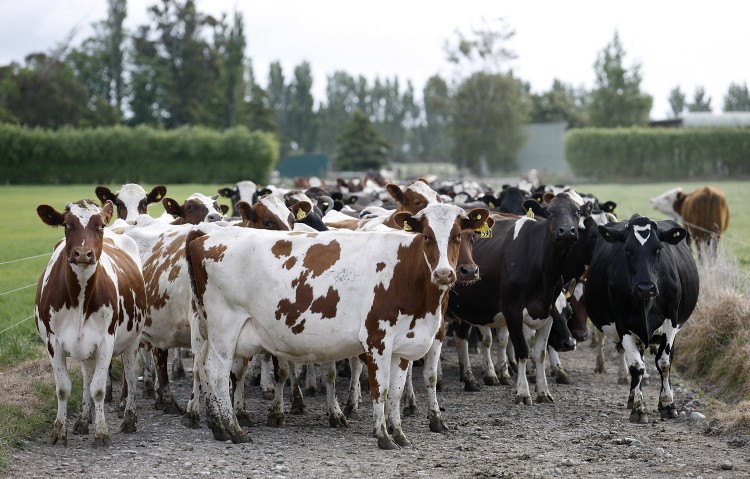Fonterra will be cutting back on the number of organic farms from where it accepts milk, citing a lack of market growth since the global financial market crisis.
The world’s largest milk processor plans to cut back production at its organic certified sites in Waitoa and Morrinsville, preferring to concentrate on North Island suppliers around its principal organic processing site at Hautapu.
Consumers tend to believe that non-organic products are being produced more sustainably these days and are less willing to pay top prices for organic products, says Fonterra quoting research.
“Our organic farmers are currently spread right across the North Island. This means substantial transport costs for the business,” says Group Director Supplier and External Relations Kelvin Wickham in Fonterra’s on-line news.
Besides reducing transport costs, manufacturing costs would also be cut by the move, he said.
Despite the drive for more efficient production, the company “remains committed” to the organics market and would be meeting with organic farmers this week to discuss ways of bringing organic production to a “break-even situation.”
Organic cheese production will be prioritised as the profits margins are greater.
“We understand the big commitment many of our farmers have made to the organics programme and that this transition will not be an easy one to make,” said Mr. Wickham.
“We will honour all of our organic contracts through to their formal termination dates, which in some cases are four to five years away and we will work with our farmers as they make the transition out of the organics programme.”
But the Green Party believes that organic dairy farmers are being disadvantaged by Fonterra’s monopolistic power and its proposals will “cripple” the organic dairy sector.
“It will also raise the price and limit availability for consumers who want organic dairy products,” said agricultural spokesperson Kevin Hague in a press release.
Nitrate pollution is plaguing New Zealand’s waterways and converting to organic farming would protect the environment and help build a clean, green economy, he said.
Fonterra Cuts Back Support for Organics
Fonterra will be cutting back on the number of organic farms from where it accepts milk, citing a lack of market growth.
8/22/2011
Updated: 10/1/2015





Friends Read Free